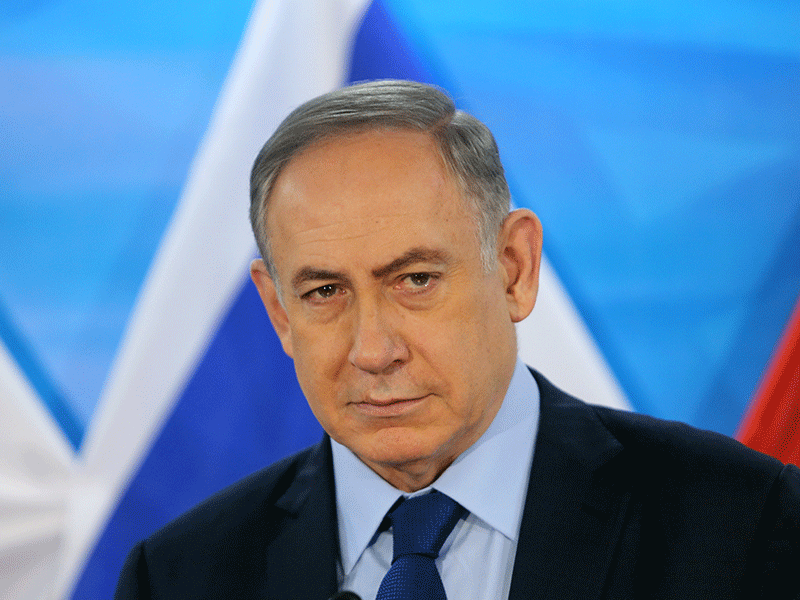Israeli snack food enthusiasts got a treat earlier this month when reports emerged that food giant Nestle was in negotiations with Israeli manufacturer Osem to mass-distribute Bamba, the peanut butter-flavoured nosh that’s ubiquitous in the Jewish state. Alas, the story turned out to be a bust (and I’m more of a Bissli guy, anyway). But if that union failed to materialize, there are plenty of other Israeli mergers left to discuss.
Last week, the Israeli election campaign shifted into overdrive amid a flurry of political deals that defined the landscape ahead of the April 9 vote. The stage is now set: on one side sits Prime Minister Benjamin Netanyahu, his Likud party and a coalition of smaller right-wing parties; on the other, a centrist faction headed by Benny Gantz, leader of the new Israel Resilience party and the man who has emerged as Netanyahu’s main challenger, along with Yair Lapid’s Yesh Atid party. The uncertainty surrounding Netanyahu’s possible indictment on bribery charges still hangs over the campaign – even if Bibi insists the outcome, whatever it is, won’t change anything – but the battle lines have clearly been drawn.
“Today we are changing the face of Israel,” Gantz said as he and Lapid unveiled their alliance, dubbed the Blue and White party. Given the paucity of tangible differences, certainly on security matters, between Gantz-Lapid and Netanyahu et al., that seemed more political theatre than reality. Indeed, it was reported over the weekend that Blue and White would seek a “Zionist national unity government” with Likud, should it be charged with forming the next government.
READ: FROM YONI’S DESK: FACING OFF IN A HIGH-STAKES GAME
Meanwhile, Netanyahu was accused of changing the face of Israel for the worse, after it was revealed that he orchestrated a merger between the Jewish Home and Otzma Yehudit (Jewish Power) parties. Separately, each faction was polling below the 3.25 per cent vote threshold, but together they stand a decent chance of making it into the next Knesset, thereby bolstering Netanyahu’s coalition. But the union – and specifically Netanyahu’s role as broker – did not sit well with many, due to Otzma Yehudit’s far-right ideology, based on the ultra-nationalist teachings of Rabbi Meir Kahane, whose Kach party was banned from Israeli politics in the 1980s because of its racist policies.
The left howled at the merger, but the most stinging rebukes came from domains much closer to the centre, including from voices that have traditionally stayed out of Israeli politics. The most significant of these was the American Israel Public Affairs Committee (AIPAC), which echoed a statement by the American Jewish Committee that “the views of Otzma Yehudit are reprehensible” and “do not reflect the core values that are the very foundation of the State of Israel.” (Back home, the progressive JSpaceCanada condemned “efforts to bring Otzma Yehudit into the Knesset.” At press time, neither the Centre for Israel and Jewish Affairs nor the Jewish federations in Toronto or Montreal had weighed in.)
If it wasn’t already evident, these latest political manoeuvrings confirm that the election will come down to a referendum on Bibi. It’s been that way before, of course. The question is whether the prime minister has taken things one step too far this time.







